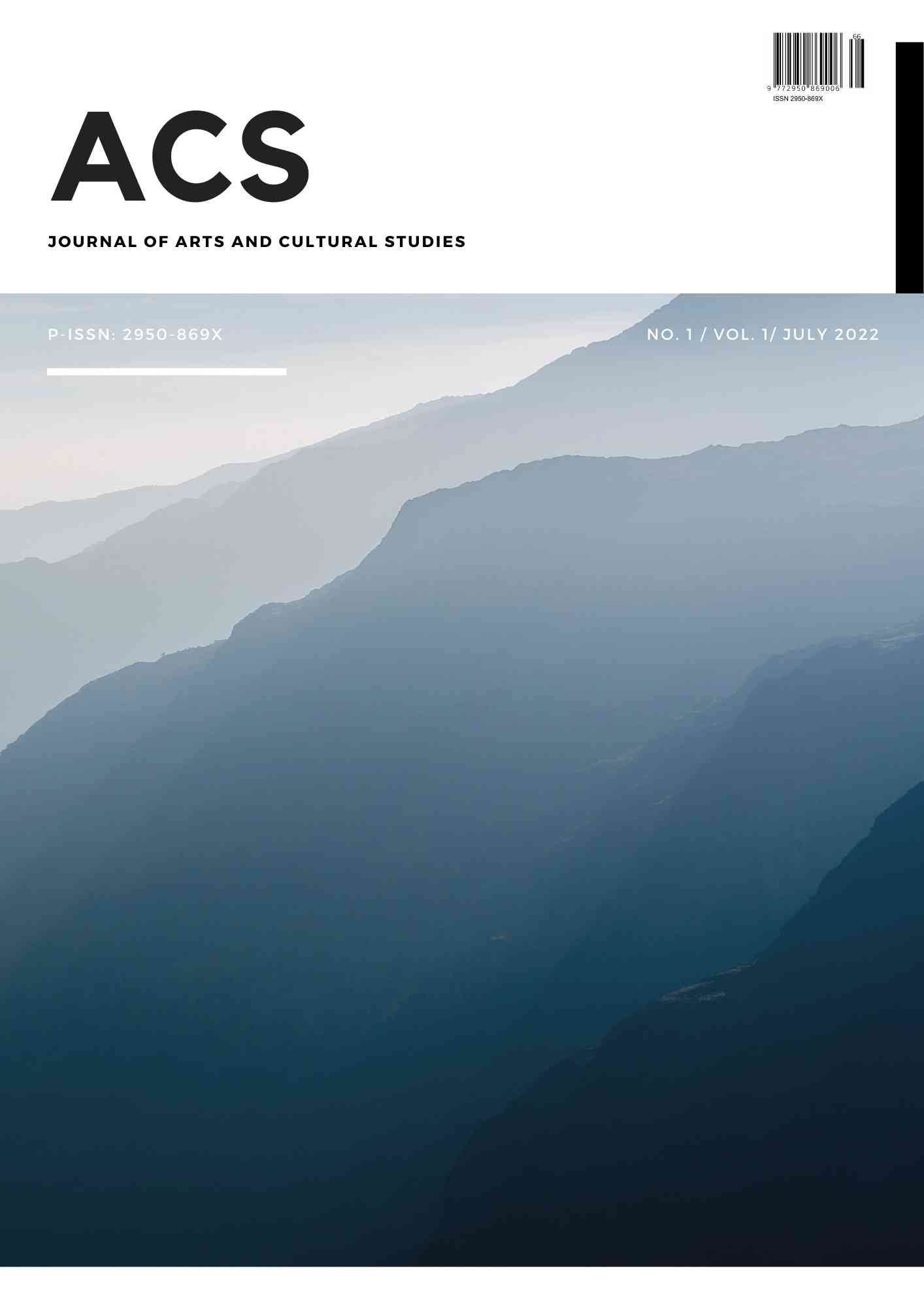 ISSN : 2950-869X
ISSN : 2950-869X
Background: Applied ethnomusicologists wield potential to champion the promotion of Indigenous music by maintaining a sustained collaborative effort. The provision of traditional mbira, marimba music and dance to local Zimbabwean children who have not experienced the music of their forefathers is a worthwhile cultural restoration and enculturation undertaking that is lacking in many indigenous communities. Purpose: This paper provides insights into such work being done at the Cosmas Magaya Humwe Cultural Arts and Education Centre in Mhondoro, Mashonaland West Province, in Zimbabwe where children receive cultural music instruction. Methods: Using the case study and ethnographic method, I present a descriptive analysis of the Humwe camp. A purposively selected sample of participants validated the activities. Results: Learners who participated in the Humwe Camp and Festival got the opportunity to learn and showcase mbira and marimba music and dance from their own culture. This experience brought an insatiable hunger to understand traditional musical cultural practices through participation. Children learned the music primarily by ear, using their local language for instruction. The Zimbabwean music educators who worked with them appreciated the availability of such an opportunity to disseminate indigenous music amongst their own people. Children led each other in the marimba and mbira ensembles, displaying mastery of knowledge and skills attained after three weeks packed with numerous activities. Conclusion: Because of its emphasis on collaboration, the Humwe concept can effectively disseminate and promote Indigenous knowledge amongst the young generation. Applied ethnomusicologists should regularly interact through such collaboration, sharing content for the success of multicultural instruction in general music.